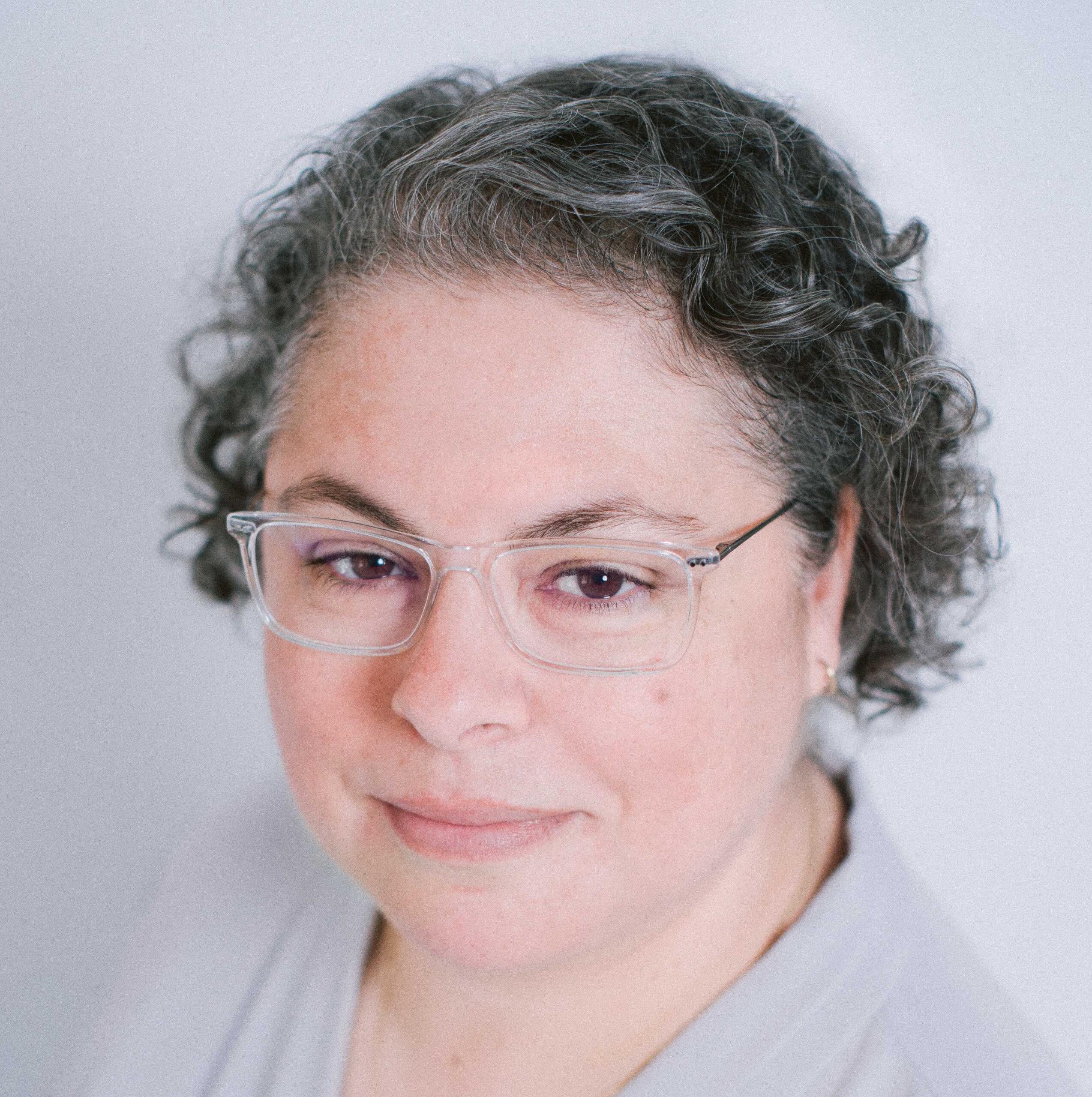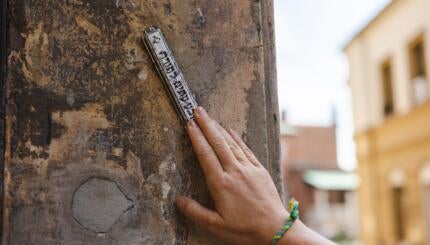Question: Why do Jews require someone to remain with the body of a dead person until they are buried?
Respect for the dead, or kavod ha-met in Hebrew, is a sacred Jewish responsibility. Since Jewish tradition regards the physical body as a repository for the soul, the body must be appropriately honored even after death. This is the reason behind a number of Jewish rituals, including the ritual washing of the body, or tahara, and the dressing of the body in shrouds, or tachrichim, prior to burial.
Another practice aimed at honoring the body even in death is avoiding leaving the body alone between death and burial. Instead, a shomer, or guard, sits with the body from the time of death until the funeral. This practice is mentioned in the Talmud (Berakhot 18a), which teaches that a shomer’s responsibility is so great that they are exempt from other religious obligations.
The Talmud goes on to discuss a dispute that hints at one of the practical reasons for this practice: protecting the body from animals. Before refrigeration, there was a risk of a dead body being disturbed by animals. The role of the shomer emerged to keep the body safe until it could be buried.
With your help, My Jewish Learning can provide endless opportunities for learning, connection and discovery.
Another reason for the practice is to keep the soul company as it begins its journey of separation from the body. This is one reason why it’s customary for a shomer to recite psalms while they sit with the body, which is thought to support the work of the soul’s journey by offering emotionally-themed liturgy that reflect the challenges of the human condition.
Today, the job of the shomer is understood to be more about sacred accompaniment than literal safekeeping. Often it is performed by members of the hevra kadisha, or sacred burial society, but sometimes family members or friends elect to share in the responsibility.

Rabbi Melanie Levav is the executive director of Shomer Collective.



